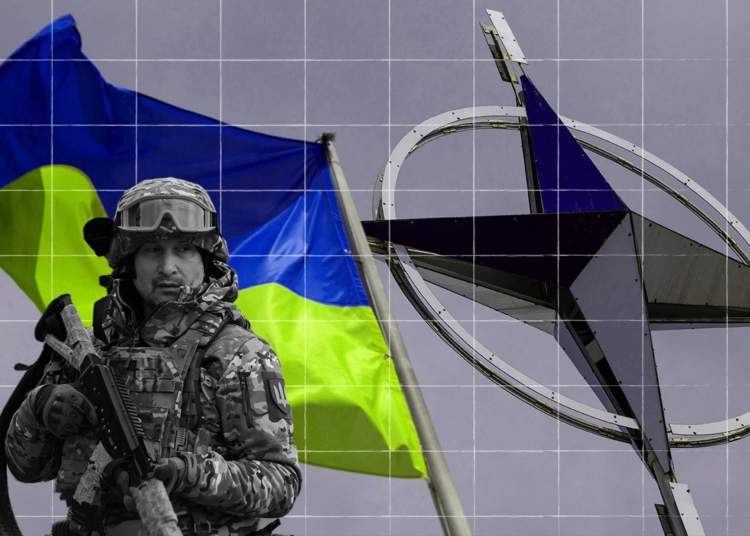In today’s security landscape, traditional defense policies are facing a new challenge – the rise of non-state actors. These groups, such as terrorist organizations, criminal networks, and insurgent movements, operate outside of traditional nation-states and pose a significant threat to global security. Non-state actors have leveraged technology and global connections to carry out attacks and destabilize regions, evading traditional military responses. Defense policies must adapt to counter these adversaries effectively, prioritizing information-sharing, cooperation with partners, and engagement with communities. Flexible strategies, investment in cybersecurity, and coordination with law enforcement are crucial to disrupt non-state actor networks. Embracing innovation and collaboration is key to safeguarding global security against these evolving threats.
Defense Policy and the Rise of Non-State Actors
In today’s rapidly evolving security landscape, traditional defense policies are facing a new and complex challenge – the rise of non-state actors. These groups, such as terrorist organizations, criminal networks, and insurgent movements, operate outside of the control of traditional nation-states and pose a significant threat to global security.
The Impact of Non-State Actors
Non-state actors have become increasingly influential in recent years, leveraging technology, communication networks, and global connections to carry out attacks and destabilize regions. Their ability to evade traditional military responses and exploit vulnerabilities in the international system has made them a formidable adversary for states and their defense policies.
The Role of Defense Policy
Defense policy plays a critical role in addressing the challenge of non-state actors. Traditional approaches to defense, focused on state-centric threats and conventional military capabilities, have proven ineffective against these new adversaries. As a result, defense policies must adapt to the changing security landscape and incorporate strategies to counter non-state actors effectively.
Challenges and Strategies
One of the key challenges in developing defense policy against non-state actors is the need for a comprehensive understanding of their motivations, capabilities, and networks. Traditional intelligence-gathering and analysis methods may not be sufficient to combat these elusive adversaries. Instead, defense policies must prioritize information-sharing, cooperation with international partners, and engagement with local communities to build situational awareness and understand the root causes of non-state actor activities.
Additionally, defense policies must be flexible and adaptable to respond to the dynamic nature of non-state actor threats. This may include a shift towards more agile and specialized military forces, greater investment in cybersecurity and intelligence capabilities, and enhanced coordination with law enforcement and intelligence agencies to disrupt non-state actor networks.
The Way Forward
As non-state actors continue to evolve and expand their influence, defense policies must also evolve to meet the challenges they present. This will require a paradigm shift in how we think about security and defense, moving away from traditional state-centric approaches and towards a more holistic and collaborative strategy that incorporates a range of tools and actors to address non-state threats effectively.
By embracing innovation, cooperation, and adaptability, defense policy can effectively counter the rise of non-state actors and safeguard global security in an increasingly complex and interconnected world.













